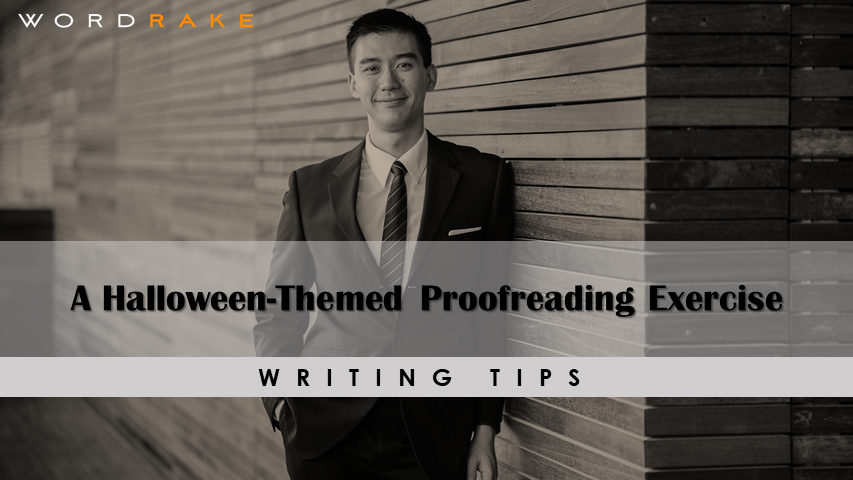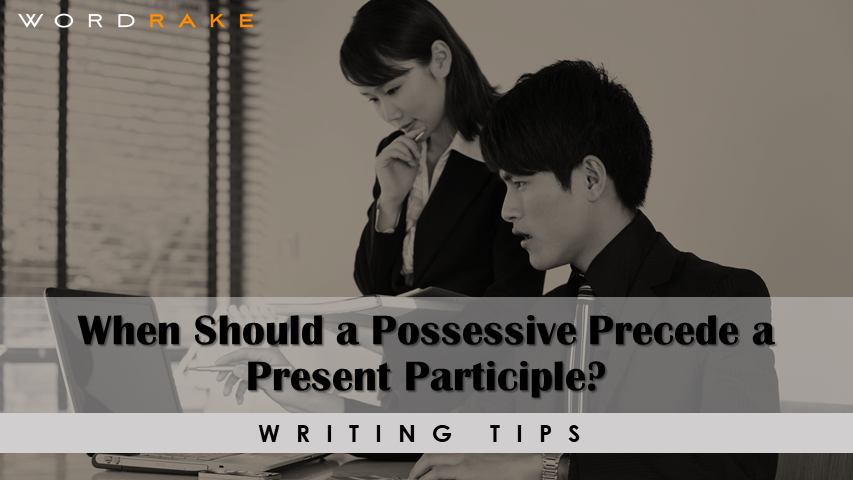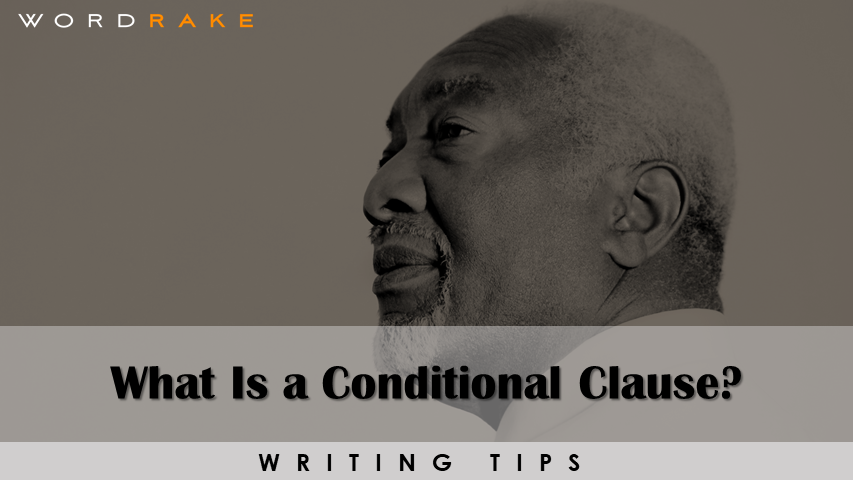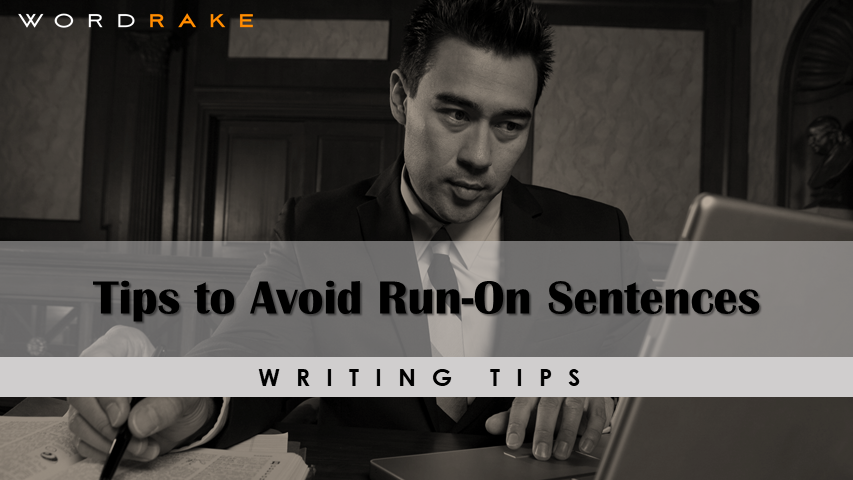As promised, I have created another exercise for you to practice your editing skills. The following email contains 38 grammar, spelling, usage, punctuation, homonym, and typo problems. You don’t need to reword or try to improve the writing, ONLY NOTE THE MISTAKES. When you have finished, check your edits by scrolling down to MISTAKES EXPLAINED. Fair or not, our colleagues often judge our capability by noting our carelessness. If you want a promotion, proofread your work.
Continue readingAfter twenty-five years of standing before crowds, talking about writing, you live with only two fears: one, at the end of the day you will discover arugula in your teeth; and two, your fly is open. It never occurs to you that someone might ask a question you cannot answer.
Continue readingIn our sentences, we sometimes include a condition before something can happen or be prevented from happening. This is called a conditional clause. (People you would never want to befriend call it the protasis.)
Continue readingI’m out here in the desert, cocking my thumb with my Beat buddy Jack. We’ve been on the road counting Nash Ramblers to entertain ourselves ever since we left Vegas, seven so far, but we've seen not one car for the past hour. The sun blisters the backs of our necks, and our mood has soured until we’re screaming at each other. As you might guess, it’s about periods. Jack has run out, and he wants mine.
Continue readingAlthough logic usually determines how we punctuate English, where we place quotation marks often defies that logic. At least in America. That’s why several of you have written to me lately to ask, “So what’s up with people putting periods outside the quotation mark?” The answer is: Either you are reading someone who made a mistake, or the writer is British. Or Canadian or Australian. Their system makes much more sense, but to keep a small piece of our sanity (and assuming we’re American) let’s continue to follow the American style. We don’t spell favor with a “u” just because the British do.
Continue reading(In case you're wondering, and even if you aren't, the title--with a different spelling--comes from just before the punchline (call it the setup) in a joke a law school friend told me the night before we graduated. We were driving around the countryside west of Gainesville, just the two of us, a six-pack of beer on the seat between us, telling nothing but the punchlines of jokes. If the other one liked the punchline, he would ask to hear the whole joke. I asked to hear this one. The whole evening was his idea. Later, he became a judge.)
Continue readingIn great film, a moment comes when the last layer of our natural cynicism peels away; we cease trying to figure out what will happen next; we forget that people with clipboards and headsets are running around behind the camera, chewing gum ten feet away. We relax into our seats and give ourselves over to the writer, the director, the actors, to perform their magic, to take us anywhere they please because they have earned our trust, and we are happy to be along for the ride. In film, if it ever occurs, the process can unfold in ten minutes.
Continue readingAs you can see, we have in front of us one large bowl of chili, one small cedar tree, and an exceedingly jolly man. We also have two words, hearty and hardy, to describe each; but we stand here confused, and no wonder.
Continue readingLet’s examine a groundless grammar proclamation: That it is absolutely, unequivocally unacceptable to write over instead of more than.
Continue reading










